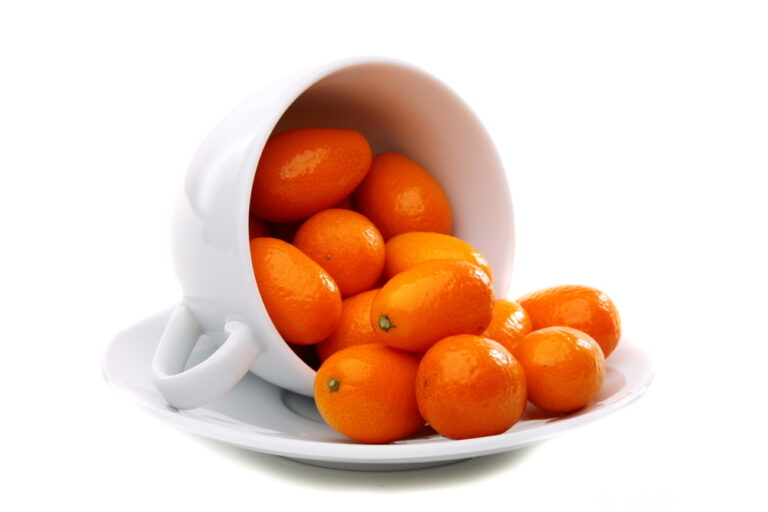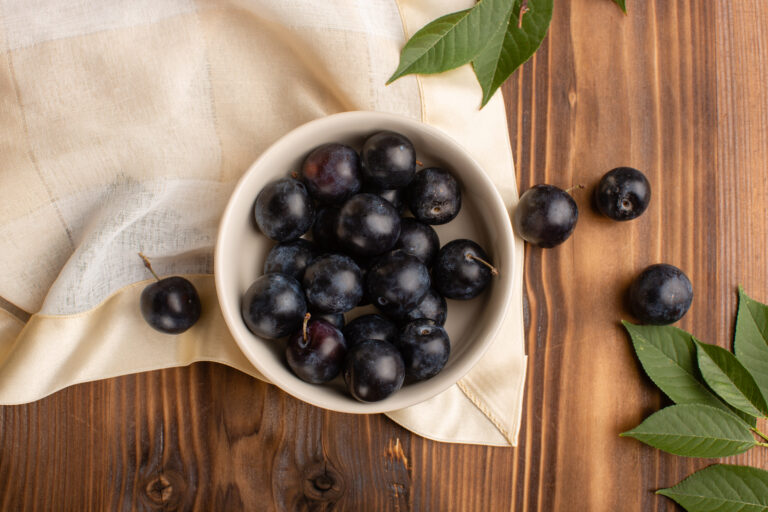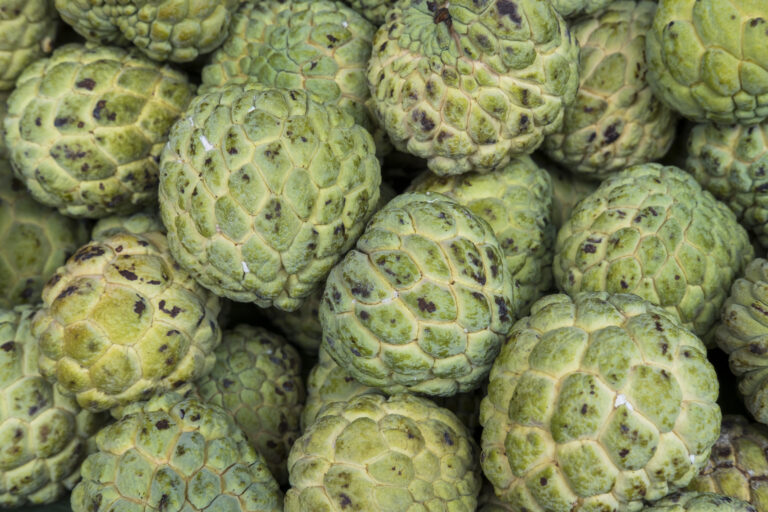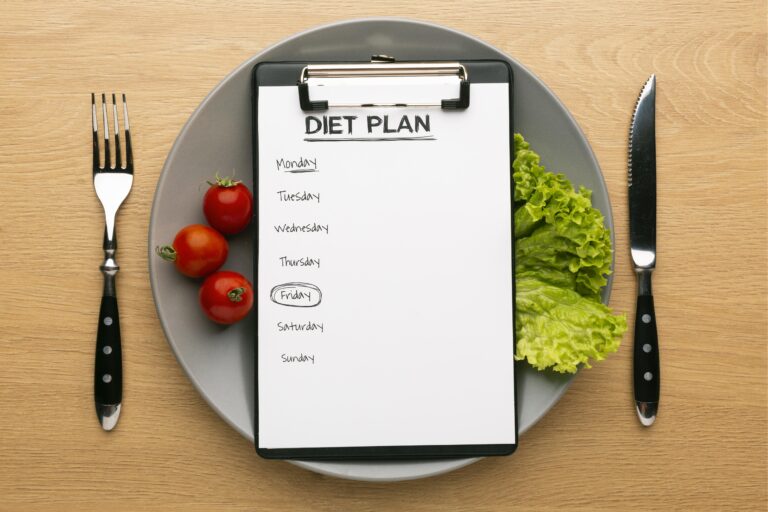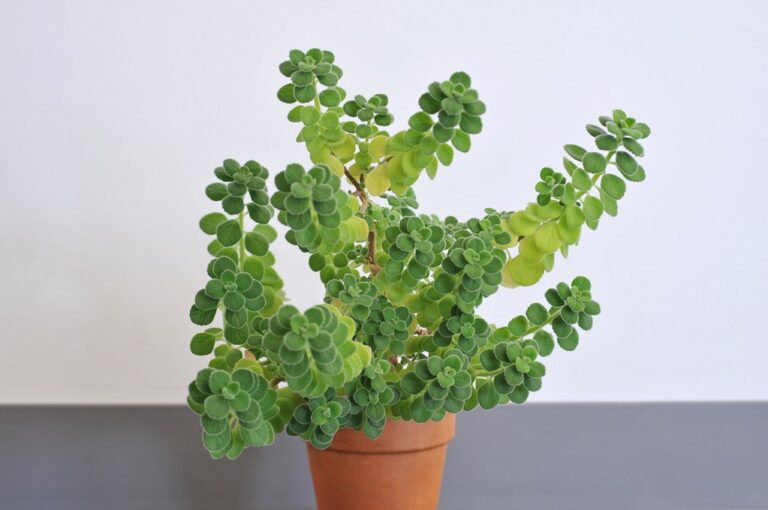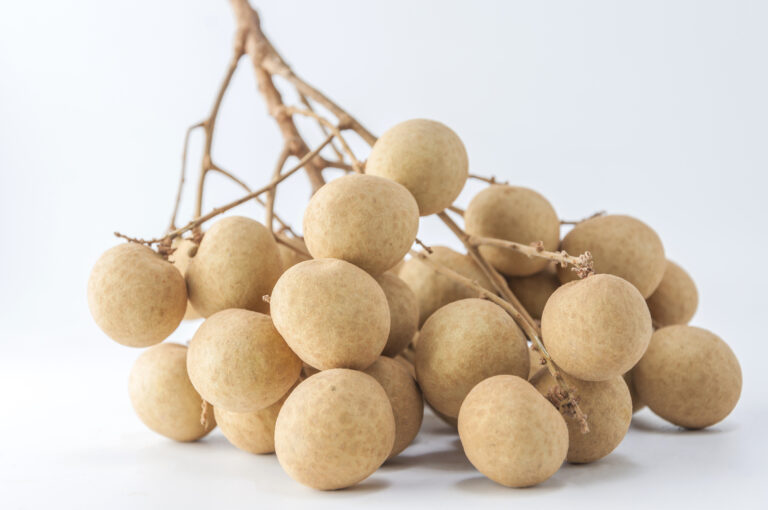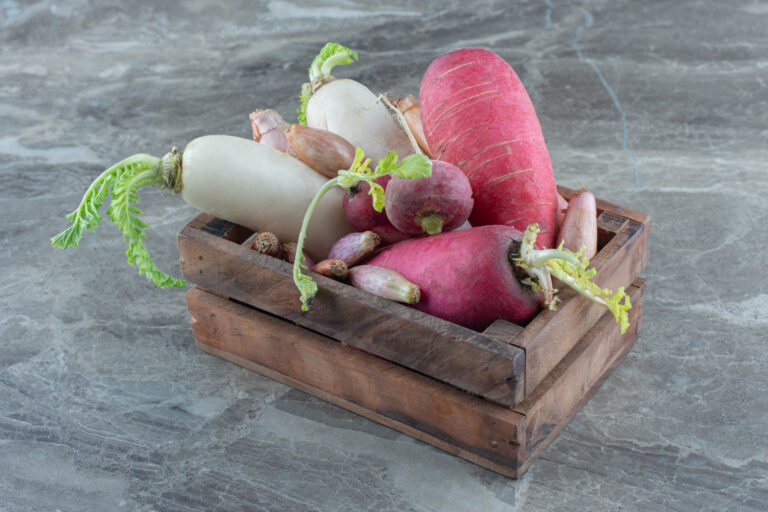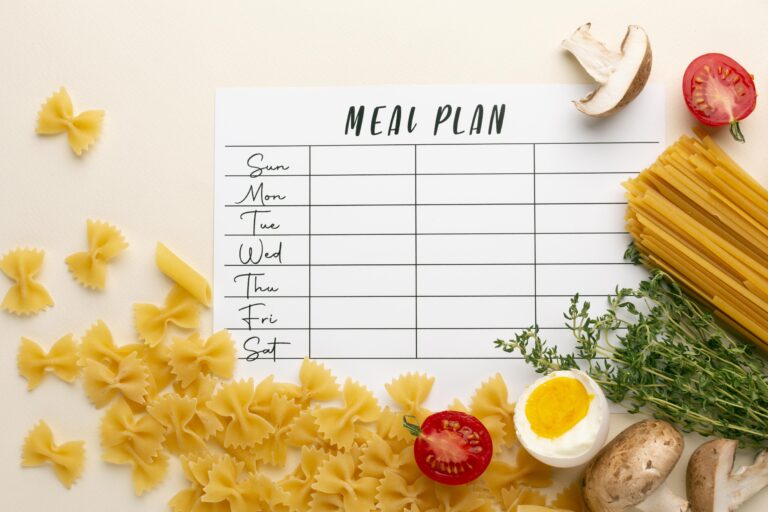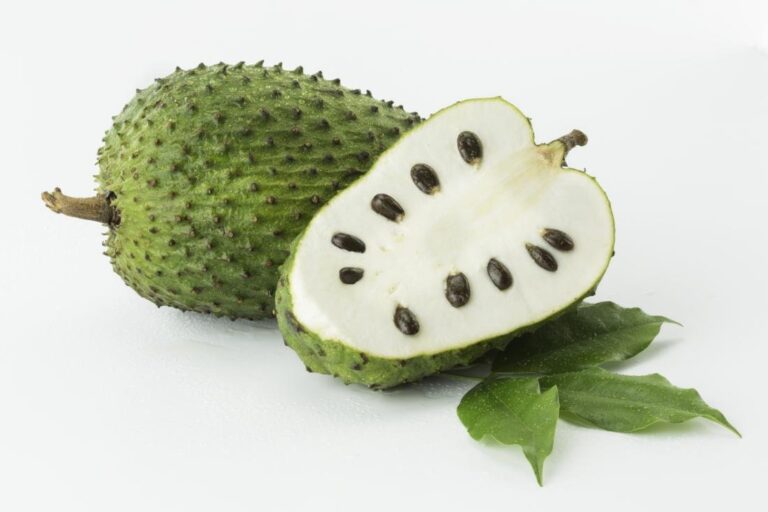If you’re striving for a healthier lifestyle, paying attention to your nutrient intake is key. Potassium is an essential mineral that supports various bodily functions, but excessive levels can be concerning.
In this post, we’ll explore “7 Low Potassium Foods” that not only offer a range of health benefits but also help you maintain optimal potassium levels.
The Role of Potassium in the Body
Potassium is an electrolyte that helps conduct electrical impulses within the body. It aids in maintaining proper muscle function, nerve transmission, and fluid balance.
Adequate potassium levels are essential for a healthy heart rhythm and maintaining optimal blood pressure.
High vs. Low Potassium Foods
Foods rich in potassium include bananas, spinach, potatoes, and yogurt. While these are nutritious options for many, individuals with specific health conditions need to monitor their potassium intake.
Low potassium foods are excellent alternatives, ensuring they get essential nutrients without compromising their health.
7 Low Potassium Foods to Consider
Here are the 7 Low Potassium Foods:
1. Berries
Berries are indeed considered low-potassium foods, making them a great choice for individuals who need to manage their potassium intake.

Berries are not only delicious but also packed with various nutrients and antioxidants. Here are some popular types of berries and their approximate potassium content per 100-gram serving:
- Strawberries
- Blueberries
- Raspberries
- Blackberries
- Cranberries
These potassium values are approximate and can vary based on factors such as ripeness and variety.
2. Cauliflower
Cauliflower is a nutritious vegetable that fits well into low-potassium diets. With an approximate potassium content of 142 mg per 100-gram serving, cauliflower offers an array of health benefits.

It is an excellent choice for individuals who need to manage their potassium intake, particularly those with kidney concerns. Beyond its low-potassium attribute, cauliflower is rich in dietary fiber, promoting digestive health and regularity.
Packed with vitamins such as C, K, and various B vitamins, along with essential minerals like magnesium and phosphorus, cauliflower contributes to a well-rounded nutritional profile.
3. Cucumber
Cucumbers are an excellent choice for individuals seeking low-potassium foods. With their refreshing taste and high water content, cucumbers offer hydration and numerous health benefits while remaining low in potassium.

This makes them particularly suitable for individuals who need to manage their potassium intake, such as those with kidney concerns.
Cucumbers are also low in calories, making them a satisfying and guilt-free snack for weight-conscious individuals. While they provide modest amounts of vitamins like K and C, as well as antioxidants and digestive support.
4. Oats
Oats are a versatile and nutrient-rich whole grain that is widely recognized for its health benefits. A noteworthy aspect for those monitoring potassium intake is that oats are generally considered low in potassium content.

This makes them a suitable choice for individuals who need to manage their potassium levels, particularly those with specific health conditions.
Beyond their potassium profile, oats boast a substantial amount of dietary fiber, especially in the form of beta-glucans, which contribute to digestive health, satiety, and potential heart health benefits.
Rich in B vitamins, iron, magnesium, and zinc, oats provide a well-rounded nutritional package.
5. Apples
Apples, renowned for their delightful sweetness and crisp texture, offer a nutritious choice that aligns well with low-potassium diets.

With a generally low potassium content, apples are a favorable option for individuals seeking to regulate their potassium intake, particularly those with specific dietary considerations.
Their nutritional profile shines through their abundance of dietary fiber, notably pectin, which supports digestive health, aids in maintaining steady blood sugar levels, and imparts a satisfying fullness.
Additionally, apples are a source of vital vitamins, notably vitamin C, which bolsters immune function, along with antioxidants that contribute to overall vitality.
6. White Rice
White rice is a prevalent dietary staple known for its versatility and neutral flavor. It is generally categorized as a low-potassium food, making it suitable for individuals who need to manage their potassium intake, particularly those with specific health concerns.

White rice is a refined grain that has had its outer bran layer and germ removed, which contributes to its lower potassium content compared to whole grains.
While it lacks the high fiber and nutrient content of brown or whole-grain rice, its lower potassium levels can be beneficial for individuals who require a restricted potassium diet.
7. Egg Whites
Egg whites, the clear liquid portion of eggs, stand out as an excellent low-potassium option in the realm of nutrition.

These whites are virtually devoid of potassium, making them a valuable choice for individuals seeking to manage their potassium intake, especially those with specific dietary requirements.
While egg yolks contain higher levels of nutrients, including potassium, egg whites are an optimal choice for individuals needing to limit their potassium intake.
Egg whites are notably high in protein and low in calories, contributing to satiety and muscle support.
Benefits of Including Low Potassium Foods in Your Diet
Incorporating low-potassium foods into your diet can offer various benefits, especially if you have specific medical conditions or dietary requirements that necessitate controlling your potassium intake.
Here are some advantages of including low-potassium foods in your diet:
1. Kidney Health
For individuals with kidney problems or kidney disease, maintaining appropriate potassium levels is crucial. Consuming low-potassium foods helps prevent the buildup of excess potassium in the blood, which can strain the kidneys and lead to complications.
2. Blood Pressure Regulation
A diet rich in low-potassium foods can assist in managing blood pressure levels. High potassium intake can contribute to elevated blood pressure in some individuals, so opting for low-potassium options may help maintain healthier blood pressure levels.
3. Heart Health
Balancing potassium intake is essential for proper heart function. By incorporating low-potassium foods, you can reduce the risk of irregular heart rhythms and other cardiovascular issues associated with excessive potassium intake.
4. Diabetic Management
People with diabetes need to manage their potassium levels carefully, as fluctuations in potassium can impact blood sugar control. Integrating low-potassium foods into their diet can aid in maintaining stable blood sugar levels.
5. Balanced Nutrition
While potassium is an essential nutrient, maintaining a proper balance is key. Incorporating low-potassium foods allows you to achieve a well-rounded and balanced diet without overloading on this mineral.
Consulting a Healthcare Professional
Before making significant dietary changes, especially for individuals with health conditions, it’s crucial to consult a healthcare professional or registered dietitian. They can provide personalized guidance based on individual health needs.
Balancing your potassium intake is essential for overall health, especially if you have specific medical conditions.
Incorporating delicious and nutrient-packed low potassium foods into your diet can contribute to a well-rounded and satisfying eating experience while prioritizing your health needs.
Learn about potassium-rich foods.
I hope you got the answer to your query ( low potassium foods). Check out our amazing Healthy Eating blog posts and articles by clicking here.



